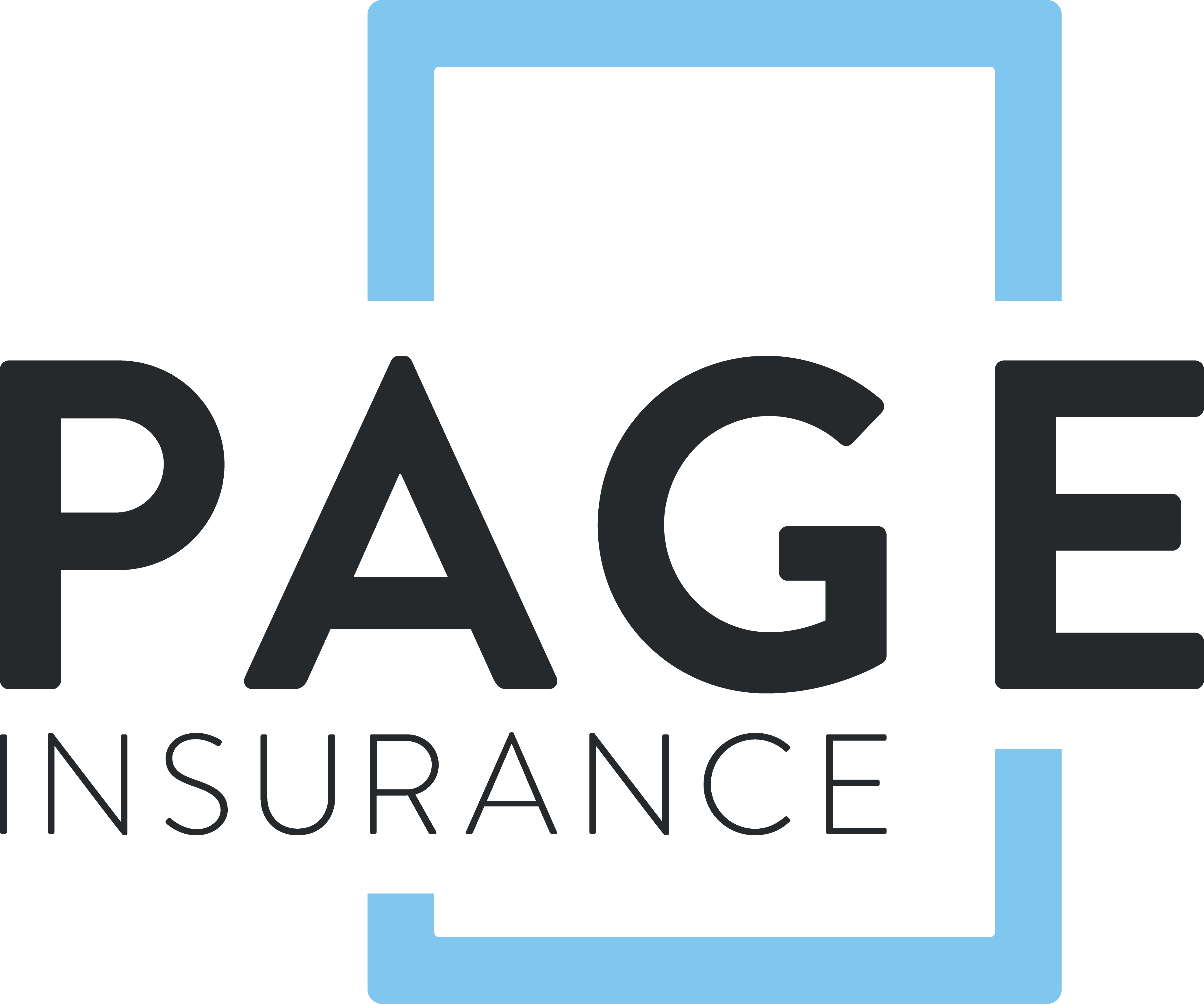Recreational vehicles (RVs) are an exciting way to travel and explore the open road while enjoying the comforts of home. However, it’s essential to have the right insurance coverage to protect your investment and ensure peace of mind during your adventures. This comprehensive guide will help you understand the ins and outs of RV insurance, empowering you to make informed decisions about the coverage you need for your unique situation.
Understanding RV Insurance Coverage Options
Liability Coverage: Protects you financially if you’re found responsible for an accident while operating your RV.
- Bodily Injury (BI): Covers medical expenses, lost wages, and legal fees for the injured party.
- Property Damage (PD): Covers repair or replacement costs for the other party’s vehicle or property.
Collision Coverage: Pays for repairs or replacement of your RV if it’s damaged in an accident, regardless of fault. This coverage is particularly important for owners of high-value RVs, as it can help cover the costs of expensive repairs or replacements in the event of an accident.
Comprehensive Coverage: Protects your RV from non-collision events such as theft, fire, vandalism, or natural disasters. This coverage is especially valuable if you store your RV outdoors or in areas prone to extreme weather events.
Uninsured/Underinsured Motorist (UM/UIM) Coverage: Safeguards you if you’re involved in an accident with a driver who has no insurance or insufficient coverage. It covers your medical expenses and, in some cases, property damage. This coverage is essential for RV owners, as not all drivers carry adequate insurance.
Medical Payments (MedPay) / Personal Injury Protection (PIP): MedPay and PIP cover medical expenses for you and your passengers, regardless of fault. PIP also covers lost wages and other non-medical expenses. This coverage can be beneficial for RV owners who frequently travel with friends or family.
Additional Coverage Options
- Vacation Liability: Covers you for personal liability while your RV is being used as a temporary residence, such as at a campsite.
- Emergency Roadside Assistance: Provides coverage for towing, battery jumps, tire changes, and other emergency services if your RV breaks down.
- Total Loss Replacement: Covers the cost of replacing your RV with a new one of similar make and model if it’s declared a total loss.
Selecting Appropriate Coverages for Your RV Insurance
Determining Your Needs: Consider factors like the value of your RV, how often you use it, and your travel destinations when deciding on the appropriate coverage.
Importance of Higher Liability Limits: We recommend a minimum liability coverage limit of $300,000 to ensure you’re well-protected in case of a serious accident. Higher liability limits can help protect your financial assets and provide peace of mind.
Considering an Additional Umbrella Policy for Added Protection: An umbrella policy can provide extra liability protection beyond the limits of your RV policy, safeguarding your assets in case of a large claim or lawsuit.
Real-Life Stories Illustrating the Importance of RV Insurance
The Financial Impact of an Uninsured RV Accident: In 2020, a family in Colorado was traveling in their RV when an accident occurred, resulting in significant damage to the RV and injuries to the family members. Without adequate RV insurance in place, they faced mounting repair costs, medical bills, and other expenses, which led to financial difficulties and stress during their recovery.
Adequate Coverage Makes a Difference: A retired couple in Oregon was enjoying a cross-country trip in their RV when an unexpected hailstorm caused considerable damage to their vehicle. Fortunately, they had a comprehensive RV insurance policy with sufficient coverage, which allowed for the necessary repairs without any out-of-pocket costs.
Compelling RV Accident and Insurance Statistics
RV Accidents and Legal Consequences: According to the National Highway Traffic Safety Administration (NHTSA), there were over 10,000 RV-related accidents in 2019, with a significant number of them resulting in personal injury claims or lawsuits. This highlights the importance of having adequate liability coverage to protect against potential legal costs.
Uninsured RVs and Stolen Vehicles: The Insurance Information Institute (III) reported that in 2020, over 4,000 RVs were stolen in the United States. Without RV insurance, owners of stolen vehicles face significant financial loss in replacing their stolen RVs.
How to Save Money on RV Insurance Premiums
- Raise Deductibles: Increasing your deductible means you’ll be responsible for a higher amount of expenses in case of a claim, but it can lead to lower premiums.
- Maximize Discounts: Take advantage of available discounts, such as safe driver, anti-theft device, or multi-policy discounts, which can lower your premium without reducing your coverage.
- Bundle Policies: Combining your RV insurance with other policies like home or auto insurance can result in significant savings.
- Shop Around: Comparing quotes from different insurance providers can help you find the best coverage at the most competitive price.
Common RV Insurance Myths Debunked
Myth: Homeowners insurance is enough to cover your RV.
Fact: While some homeowners policies may provide limited coverage for your RV, it’s typically insufficient and may not cover you while traveling or using your RV as a temporary residence. A standalone RV policy is crucial for adequate protection.
Myth: RVs don’t need insurance because they’re only used occasionally.
Fact: Accidents can happen anytime, and your RV is still at risk of theft or damage when stored. Having an RV insurance policy ensures you’re protected no matter how often you use your RV.
Frequently Asked Questions (FAQs) About RV Insurance
Q: Does my state require RV insurance?
A: Most states require RV insurance, especially for motorhomes. It’s important to check the specific requirements for your state to ensure you’re compliant with local laws.
Q: Can I share my RV insurance with friends or family members who use my RV?
A: RV insurance typically covers the owner and any permissive user. However, it’s essential to review your policy details to understand the extent of coverage for other drivers.
Q: What factors influence the cost of my RV insurance premium?
A: Various factors can influence the cost of your RV insurance premium, such as the make, model, and age of your RV, your driving history, where you travel and store your RV, and the types and levels of coverage you choose.
We’re Here to Help When You’re Ready
By understanding the various RV insurance coverage options and selecting the appropriate coverages for your unique situation, you can confidently embark on your RV adventures knowing that you and your investment are protected. For personalized assistance, contact our team of insurance experts at Page Insurance, who are here to help you find the best coverage for your needs.
Click here to request a quote today.


